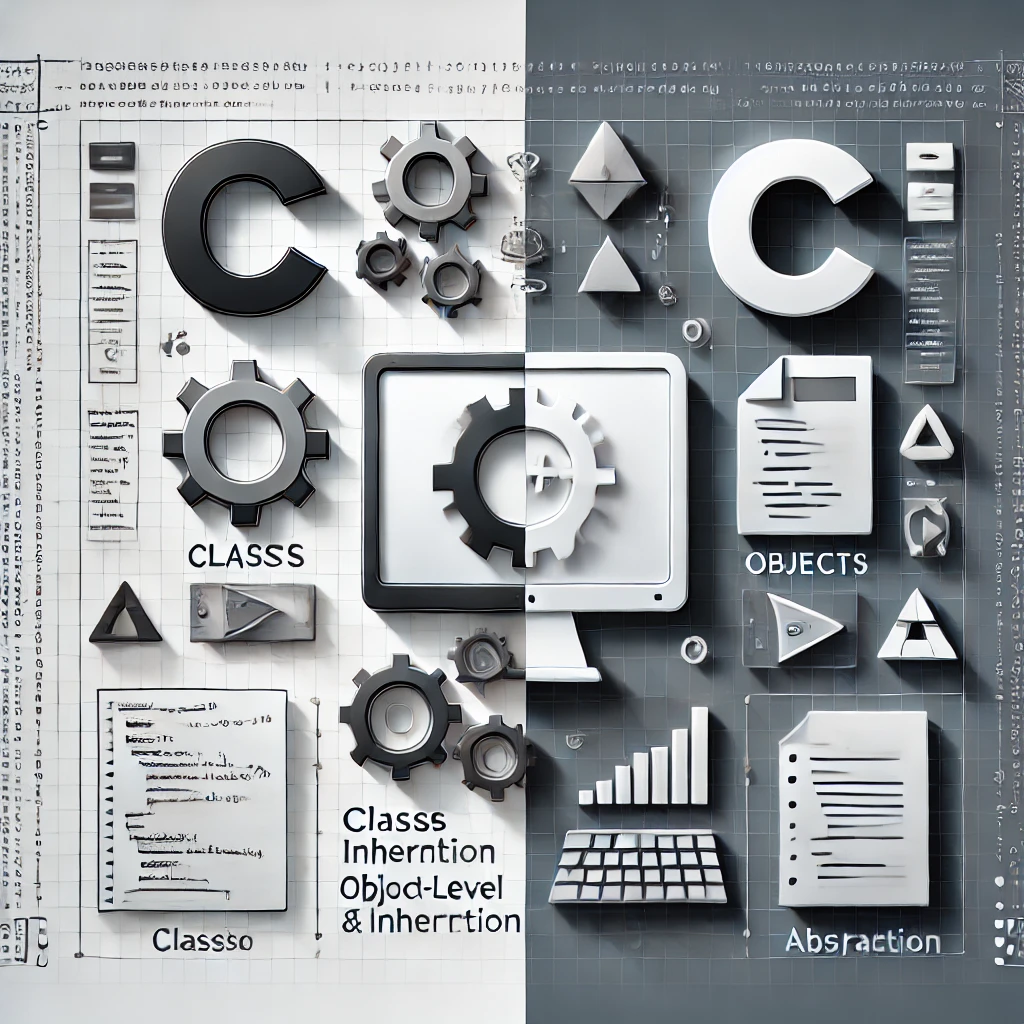Difference Between C and C++
C and C++ are two of the most influential programming languages in the software development world. While C has been the backbone of system-level programming, C++ emerged as its powerful successor with advanced features. This article delves into the differences between C and C++ to help you understand their unique characteristics and use-cases.
1. Programming Paradigm
C is a procedural programming language that focuses on functions and structured programming.
C++ supports both procedural and object-oriented programming, offering more flexibility with features like classes and objects.
2. Approach to Design
C follows a top-down approach where the design starts from the high-level overview.
C++ uses a bottom-up approach, which emphasizes building small components first and integrating them into a complete system.
3. Data Security and Abstraction
C provides limited data security and does not support data hiding.
C++ enhances security with encapsulation, abstraction, and data hiding using access specifiers like private, public, and protected.
4. Function Overloading and Operator Overloading
C does not support function or operator overloading.
C++ supports both function and operator overloading, allowing the same function name or operator to behave differently based on context.
5. Standard Libraries and Templates
C has a small standard library focused on basic functions.
C++ includes the Standard Template Library (STL) with built-in functions for data structures like vectors, queues, and stacks.
6. Memory Management
C uses malloc() and free() for dynamic memory allocation.
C++ uses new and delete operators which are type-safe and easier to use.
7. Use-Cases
C is primarily used for system programming, operating systems, embedded systems, and firmware.
C++ is widely used in game development, GUI applications, real-time simulations, and large-scale software systems.
8. Compatibility and Speed
C is slightly faster due to its minimalistic nature.
C++ may be slightly slower in execution but provides better productivity with more features.
Conclusion
Understanding the differences between C and C++ helps in choosing the right language for your project. While C is excellent for low-level programming, C++ brings object-oriented features, making it suitable for complex software development.
Whether you’re a beginner learning the basics or an experienced developer, knowing when to use C or C++ is crucial for building efficient and scalable applications.



